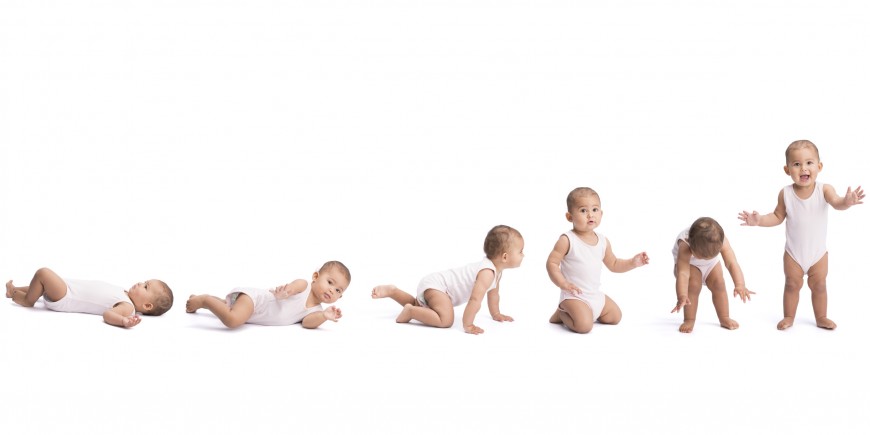What is Reflex Inhibition?
Did you know your earliest movement patterns affect your behavior and personality throughout life?
All babies are tested for reflexes after they are born. Reflexes can be divided into groups.
One important group are the so called Primary Reflexes or Primitive Reflexes. Primary Reflexes are fetal and then infant movement reflexes that are critical to the survival of the newborn. When a newborn grasps a finger that is placed in her palm, they are exhibiting a a Primary Reflex. Some Primary Reflexes are less obvious but nevertheless present and responsible for developing the foundation for attention, balance and coordination skills later in life. Retained Primary Reflexes can lead to developmental delays related to disorders like ADHD, sensory processing disorder, autism and learning disabilities.
The persistence of Primary Reflexes contribute to issues with coordination, balance, sensory perceptions and fine motor skills. As well as problems with immunity, energy levels, impulse control, concentration and all levels of social, emotional and academic learning. Retention of Primary reflexes can be caused by a variety of factors. The birth process is a key factor in the integration of these reflexes. Therefore a traumatic birth experience or birth by c-section may lead to retained reflexes.
Additional causes can include falls, traumas, The cause for this can be a stress full time in uterus, hospitalization or a separation from the mother at an early age. Problems with feeding, crawling or being uncouraged to sit and walk before the system is ready can disturb the inhibition process. Children are flexible, they recover fast and can learn to compensate for lack of balance. So at first sight they may be functioning normally. But if the Primary Reflexes remain active in the background, this wil have a deep impact on their nervous systems and they will be affected by it. Every child develops a unique coping skill to deal with un inhibited reflexes. Some may experience trouble learing to read or write. Others are easily over stimulated and become angry or upset Others will develop bad posture and have trouble sitting still. Or they will literally walk on their toes. They can struggle with ball games and activities like cycling or swimming. Compensating for active Primary Reflexes always requires energy and effort. This can lead to inexplicable exhaustion and feelings of depression and fear of failure later in life.
As an Alexander Teacher and CranioSacral Therapist I can test your Primairy Reflexes and make a connection between issues you may have today and your early childhood development.

RPRM®
Reflex Inhibition Trajectory

An intake for Reflex Inhibition Therapy takes one hour. During which I will test the Seven Primary Reflexes and we will discuss what you may know about your early childhood. (If you don’t know much we will work with the outcome of the reflex testing only and take it form there). The test results will determine the trajectory and how long it will take. To inhibit the reflexes I use the method as it is developed by Margaret Mulder with the use of muscle testing (also known as Touch for Health).
In my practice I work mainly with teenagers and adults. If you are already working with the Alexander Technique Method you will find that Reflex Inhibition actually helps you apply the Alexander Technique.
A 60 minute intake costs € 120. Follow up appointmenst cost € 90,-. Normally the trajectory consists of 1 session per retained reflex and one or two follow up sessions if needed. These sessions are not refunded by your health care insurance company.
Contact
For more information I refer to books on the subject from the INPP insitute in the U.K. by the author Sally Blythe. She has written many books on the subject. I recommend “Attention, Balance and Coordination” and “The well blanaced child” and “why children should play”.
Through the Links page you have access to sites with more information on this subject.

